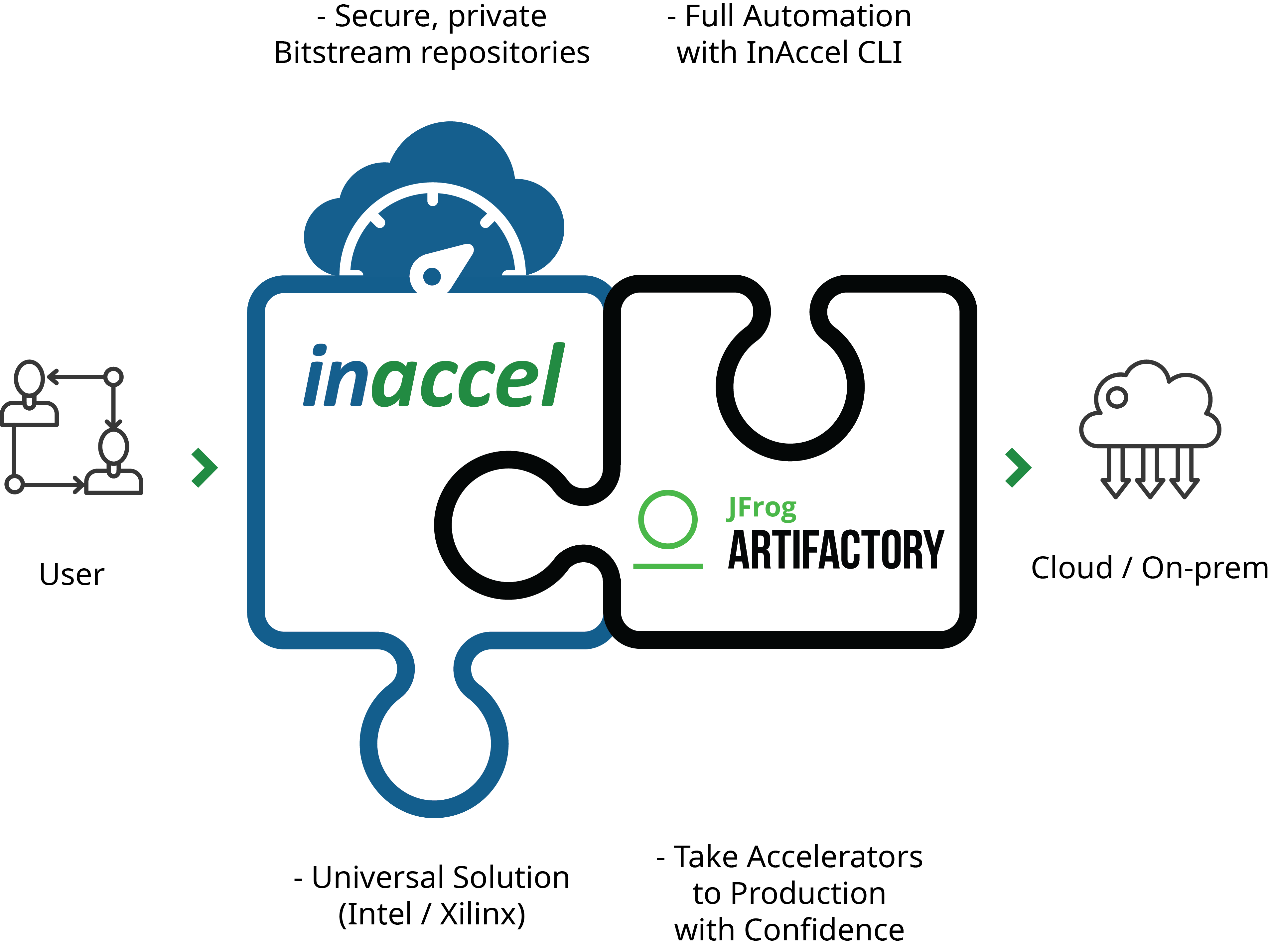FPGAs are programmable chips that can be configured with tailored-made architectures optimized for specific applications. As FPGAs are optimized for specific tasks, they offer higher performance and higher energy efficiency compared with general purpose CPUs or GPUs. FPGAs are widely used in applications like image processing, telecommunications, networking, automotive and machine learning applications. The FPGA market was valued at USD 5.34 Billion in 2016 and is expected to be valued at 9.50 Billion in 2023 to grow at a CAGR of 8.5% between 2017 and 2023 according to a survey from Markets and Markets. The growing demand for advanced driver-assistance systems (ADAS), the growth of IoT and reduction in time-to-market are the key driving factors for the market.
Recently major cloud and HPC providers like AWS, Alibaba Cloud (aliyun), Huawei and Nimbix have started deploying FPGAs in their data centers as they see the benefits that these platforms provide. FPGAs need to be programmed with a configuration file (called bitstream) that describes the internal architecture (the operation and the interconnection of the programmable elements inside the FPGAs) in contrast with GPUs and CPUs that the architecture is fixed. Currently, there is not any universal artifact repository that can be widely used by the FPGA community. That means that each FPGA user is based on custom solutions for the management of the bitstream repository.
InAccel, a company specialized on FPGA accelerators, developed world’s first bitstream repository for FPGAs based on the JFrog artifactory. JFrog artifactory is an artifact repository manager, which is entirely technology agnostic and fully supports software created in any language or using any tool. It is also the only enterprise-ready repository manager available that supports secure, clustered, high availability of file registries.
InAccel’s bitstream packaging format for FPGA binaries offers an end-to-end JFrog Bitstream repository solution covering the deployment lifecycle of the FPGA binaries to manage target platforms, allow artifact versioning and accelerator distribution. Through the InAccel CLI also provides an easy to use tool for resolving artifacts from and deploying builds to Artifactory.
InAccel simplifies enterprise FPGA accelerator management

InAccel bitstream repository for FPGAs
Using InAccel’s secure, private, local repository you can share Bitstreams across your organization with fine-grained access control. InAccel’s artifact repository allows you to aggregate local and remote resources under a single JFrog virtual Bitstream repository. It allows to access all your FPGA binaries from a single URL, both from your organization and from 3rd parties (e.g. InAccel Store and other public Bitstream resources).
JFrog Artifactory exposes an extensive REST API that provides access to its features anywhere in the FPGA development cycle effectively letting you automate any action you could do through the UI, when working with FPGA binaries. InAccel CLI is a compact and smart client that greatly simplifies and optimizes automation scripts making them more efficient, more readable and easier to maintain across all FPGA platforms.
InAccel's Bitstream packaging format supports the requirements of both FPGA vendors (Intel, Xilinx) allowing JFrog Artifactory to provide the same fully-featured artifact management with exhaustive metadata for any development ecosystem.
The Bitstream repository stores exhaustive build information including specific artifact versions, FPGA platforms/devices, accelerator modules, system properties, user information, timestamps and more. This invaluable capability helps you track down accelerator performance that was reported in specific versions released but also automate the distribution in any FPGA system due to its tight integration with InAccel Coral FPGA resource manager.
You can deploy your artifactory as your repository manager on-prem, in the cloud, or in a hybrid model. This vendor-agnostic repository allows the easy management of the FPGA bitstreams and serves as the IP library for the FPGA resource manager.
Readers can find more details on:
